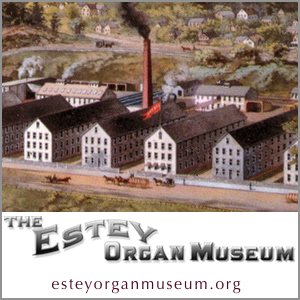We often curse low turnout at the polls. “How could it be that only 1,200 people came out to vote?” we ask, usually when the vote goes against us. Why can’t it be like the olden days, where everyone turned out to participate in civic affairs?
Here’s a story from May 5, 1893 Phoenix about the incredibly low turnout for the first town meeting to be held in the daytime. – there were more election officers in the room than citizens. Maybe our numbers aren’t so bad?
…. “Not a Blooming Success
The Plan of Holding the Village Meeting in the Day Time – 62 Votes Cast and 15 Voters Transact Other Business
The new law requiring village meetings to be held in the day time is not a blooming success as it materialized in Brattleboro Tuesday. The lonesome most people in town that day were the elections officers, who spent the time as best they could from 9 o’clock in the morning to 2 o’clock in the afternoon, while 62 voters exercised the right of suffrage, or a little more than a voter every five minutes.
When, at 2 o’clock, the balloting ceased and the order of business called for by the warrant was taken up, there were just 15 voters in the hall, including ten elections officers and five every day citizens.
The routine reports were accepted and adopted, and it was voted to extend the limits of the village to include the residences and property of J.K. Stand, F.J. Bohrman, Andrew Johnson and George Barker.
The newly elected officers are: Bailiffs, George W. Hooker, Henry C. Streeter, Thomas Hannon, Luke Ferriter, W. Dorr Perry; collector, Robert E. Gordon; clerk and treasurer, A.B. Hall; chief engineer, C.C. Turuer; auditor, C. A. Harris.
The change in law was doubtless made with good intent. Its purpose, probably, was to give everybody a chance to participate, and to prevent “jobs” of any sort from being introduced and hurried through. It is evident, however, that the effect is practically the opposite to this. Thirty-five voters could have combined to change the result of Tuesday’s meeting so far as the election of officers was concerned, and less than half this number could have changed the result of voting on the other three articles on the warrant.
In a compact population like that of Brattleboro the natural time for the people to get together is in the evening, and it is pretty sure that unless some special excitement is on hand the voters will not come out in the day time for a general discussion of rural affairs.
Moreover it is an injustice to workmen like those in the Estey and other factories to ask them to lose half a day’s time to attend a village meeting.”


